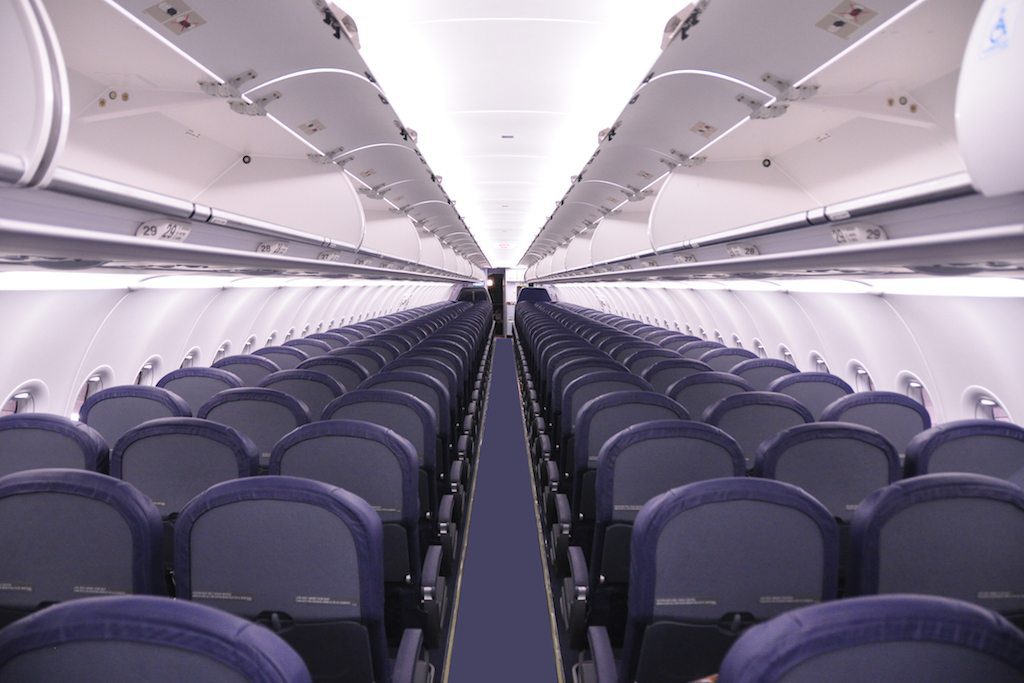Spirit Airlines Will Offer Comfier Seats — For Free

Skift Take
Spirit Airlines is taking delivery of new aircraft, so this is an easy time for the airline to add more comfortable seats. The big question is will the airline pay to retrofit older jets to new standards? That's an expensive proposition, but it would show the airline is paying attention to passenger desires.
Spirit Airlines has spent three years trying to persuade passengers it shed its reputation as a company that hates its customers. Now it's on the cusp of doing something unthinkable not long ago — it'll invest in more comfortable seats.
"There will be enhancements," CEO Ted Christie said Monday in an interview at the International Aviation Forecast Summit in Las Vegas. "There will be some changes to the cushion and to the pre-recline. There will be a full-size tray table."
For any other airline, this might not be a big deal. But under former CEO Ben Baldanza, who left in early 2016, Spirit took an almost combative approach toward customer comfort. Passengers, Baldanza sometimes would say, would keep returning despite bad experiences so long as they could save a few bucks over the competition.
But preferences change, and Spirit recently has been on a customer-service kick as it seeks to retain customers who might defect to American Airlines, United Airlines or Delta Air Lines, all of which now sell a basic economy fare that roughly matches Spirit
